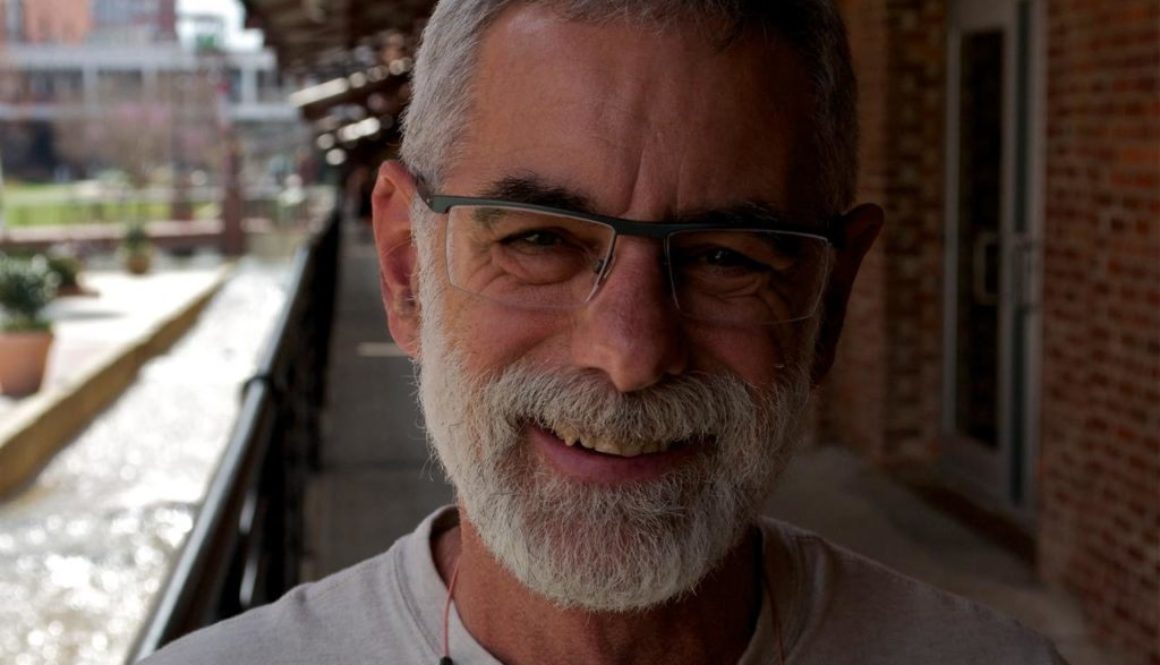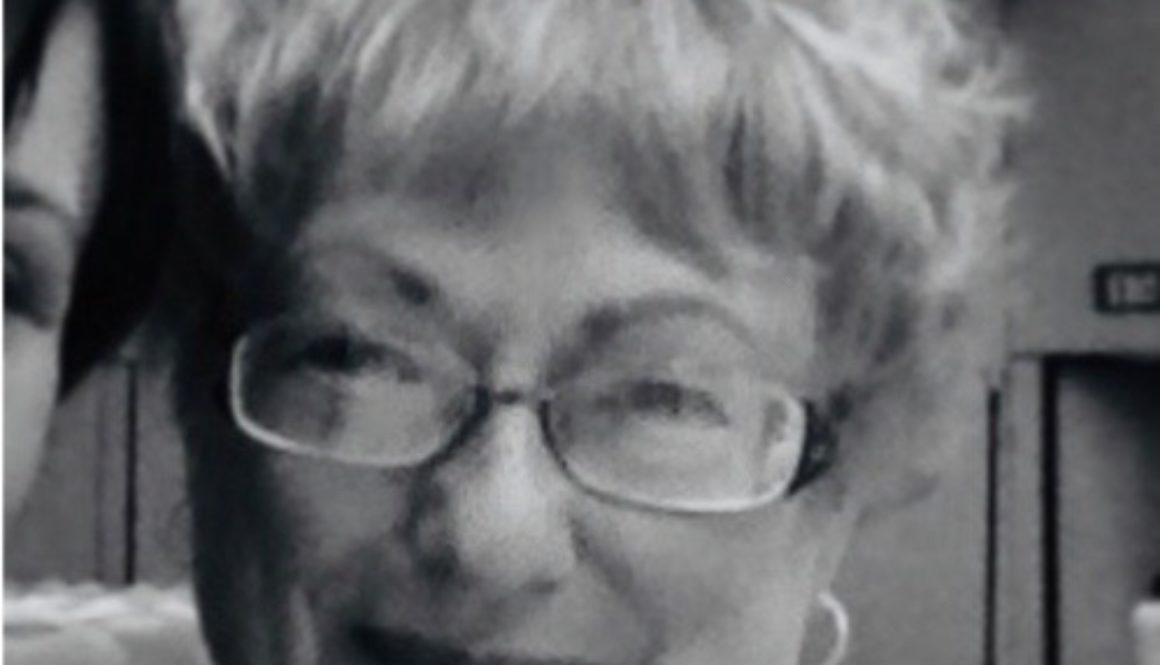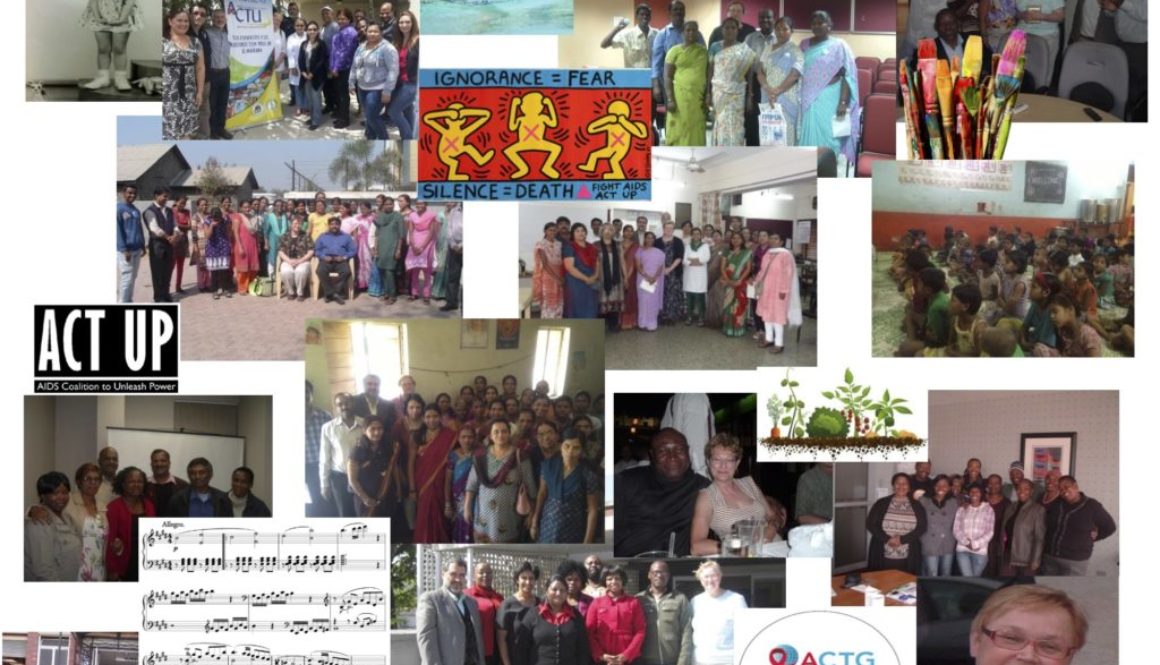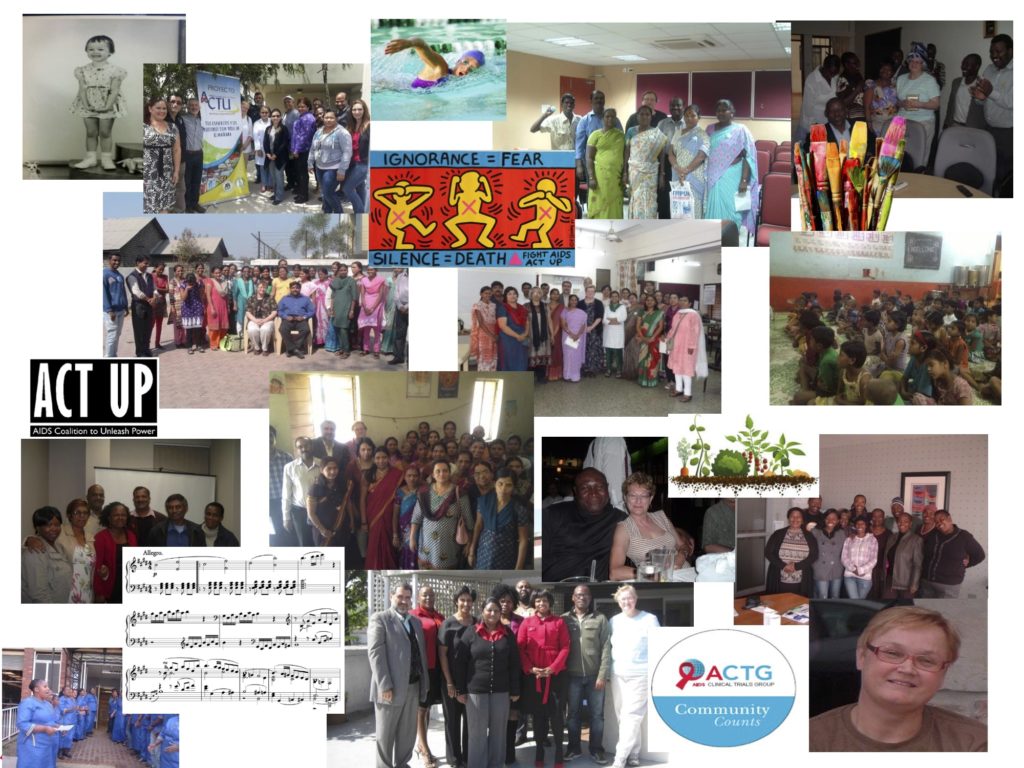Royce
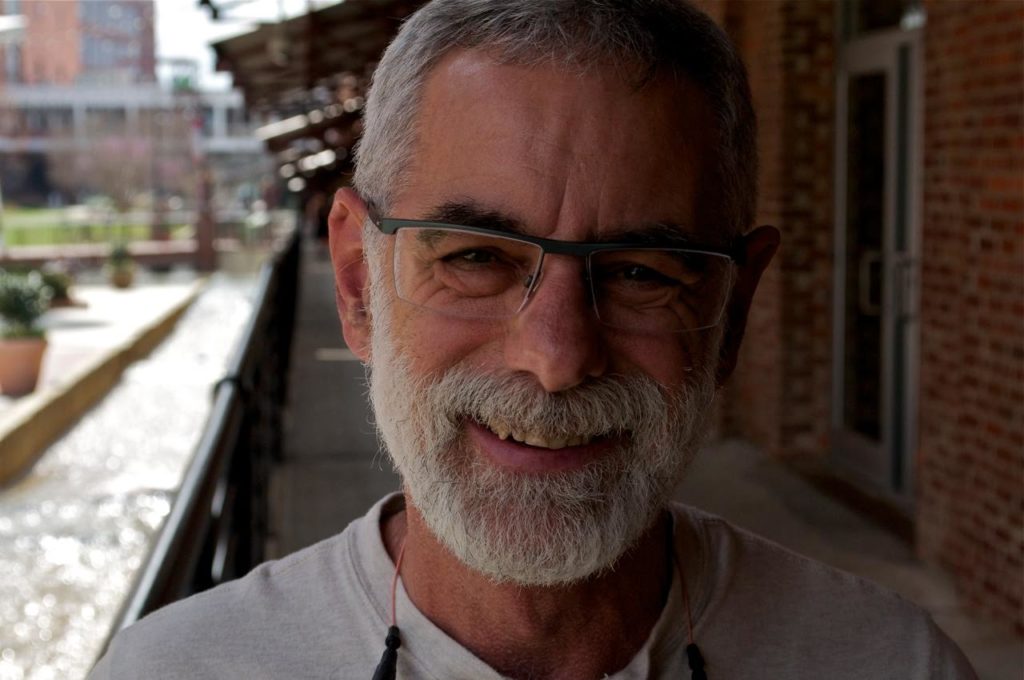
What is your name and where are you from?
I’m Royce, from North Carolina.
When did you join the ACTG?
I got involved on the local CAB level in 1991 or 1992. The clinic PI was my doctor and his wife was the social worker–John and Trish Bartlett. Trish encouraged me to join the local CAB. I came to my first ACTG meeting in 1998 or 1999.
Why did you get involved with the ACTG, and what are some of the things you’ve done as a member?
I started going to the clinic in 1990. Back then I was healthy and relatively young. The clinic waiting room was just crowded with people. Back then people were dying left and right. And I just felt like, I’m healthy, I’m doing well, I ought to be able to help these people. I was on the Phase 3 trial for 3TC and I just felt like I should be able to help.
Our local CAB was very active. We would have a Christmas party for the clinic clients and their kids. We’d go around the community and collect toys and gifts and donations. It got to the point where we had over 800 people at the last few Christmas parties.
We also did a community report every year. Twice a year we would have a big report for the entire clinic population and then we’d have a smaller, more scientific report. And that got to where we had 800 people as well.
After I had been involved on the local CAB level, and our community outreach person really encouraged me to apply for what was then called the CCG [now the CSS]. I really like meeting people from different places and different experiences, and so that’s why I applied. I did two terms on the CSS and I can’t even remember everything I’ve done as a member.
Describe your community.
I’m originally from the Duke site, and everybody thinks of Duke as an elite institution, but over 60-70% of the clients at the clinic are on Medicare/Medicaid. Durham is 40% African American and the rates of HIV infection were just astronomical then – still are. Especially in the young population.
In the ACTG community, things have changed so much. I mean, I went on disability in 2005 and this was what I did. For many ACTG community members, that’s just not the case anymore.
What are the most important treatment issues to your community?
Aging. Aging and all of the complications that come from long-term inflammation. There’s still so much to be done. What’s inflammation still doing to your body? What non-AIDS-defining illnesses and cancers are down the road for you?
For the ACTG community, I worry about maintaining our legacy. We need newer and younger members to realize the importance of this work. And I just feel it’s sort of slipping away. There is this history of community involvement in the ACTG and it feels like it’s just slipping away. It has been a gradual and generational thing, and it’s like, how do you steer a 400 foot freighter, you know? That’s loaded down. And that’s what it feels like to me.
How do you want your work in the ACTG to be remembered?
I think the thing I’m most proud of is some of the young people I helped get on the CSS. I’m most proud of that. I really am. Not the stuff I’ve done personally, but people that I feel like I’ve had some part in getting involved.
What are your future hopes for the ACTG and HIV research?
My hope is that there’ll be a resurgence among community. We need to figure out a way to reinvigorate the enthusiasm here among advocates in the US. I don’t think we have to worry about non-US members at this point—they’re really driving things. And rightly so! I’d like to see the ACTG community develop some mentoring programs to develop the skills and enthusiasm that new members have and build up their leadership abilities.
